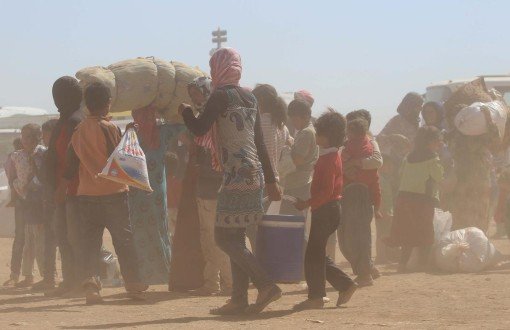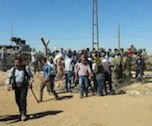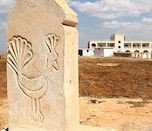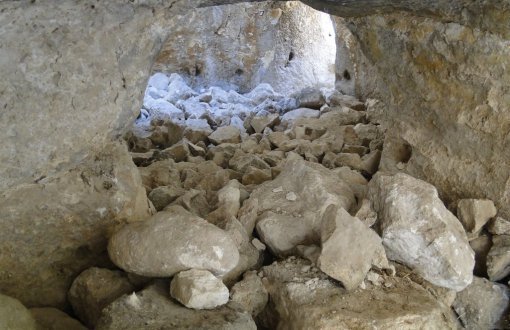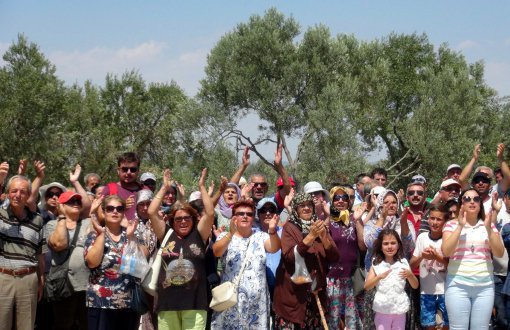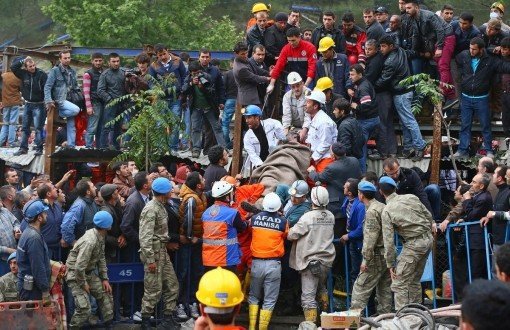Efforts are being made to overcome the issue of accommodation for Kurds who recently fled from Kobane in Syria’ Rojava district after ISIS attacks.
According to Disaster and Emergency Management Authority of Turkey (AFAD) and UN, more than 130,000 Syrian Kurds have crossed the border to Turkey since last Friday. However, HDP Urfa deputy İbrahim Ayhan claimed that the tolls were exaggerated and their request to make a joint aid campaign with the local governor’s office officials and AFAD has been rejected.
“We are mostly receiving the newcomers. The governor is exaggerating the tolls to create a ‘welcoming’ image. And there are no arrivals for the past 4 days. In addition to that, some already returned. We can mention of 25,000 arrivals. 5,000 of men returned to Kobane. Other want to return but the government is not allowing them.
“Hundreds of people came across Turkey for a watch duty here. They are trying to block an ISIS trespassing to Kobane. Also they are showing their solidarity to Kobane people.
UN: Two temporary refuge centers
While a portion of those who arrive from Kobane are accommodated in a factory, in an empty factory in Suruç and other venues like wedding salons or residential homes by municipality officers, other are received by AFAD and transferred to temporary refuge centers.
UNHCR spokesperson Melissa Fleming said that they have helped the Turkish government to establish two temporary refuge centers with a capacity of 10,000 people in Suruç’s Mürşitpınar and Onbirnisan regions.
She also added that they were helping Turkey to build two more camps based in Mardin Derik’s and İslahiye districts.
AFAD Chairman Dr. Fuat Oktay, on the other hand, said on September 22 that 130,000 Syrians fled to Turkey recently.
“At the moment, Suruç is sieged by police and soldiers. They are blocking entries and exits here. We have issues delivering the aids. We have been in contact with AFAD officials to collaborate on the humanitarian aids but we didn’t have a response yet. We didn’t receive anything from the UN and we need basic things like food, blankets, baby food and tents,” Ayhan added.(NV/BM)
* Click here to read the article in Turkish.





